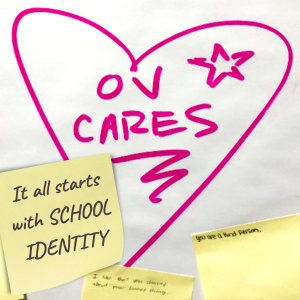Authors Cass R. Sunstein and Reid Hastie describe common ways groups go astray and offer suggestions to avoid or address them. They argue that these four problems are most commonly to blame for poor or self-destructive decisions:
- Groups do not merely fail to correct the errors of their members; they amplify them.
- They fall victim to cascade effects, as groups follow the statements and actions of those who spoke or acted first.
- They become polarized, taking up positions more extreme than those they held before deliberations.
- They focus on what everybody knows already–and thus don’t take into account critical information that only one or a few people have.
To make groups smarter, the authors suggest these actions:
- Silence the leader.
- “Prime” critical thinking.
- Reward group success.
- Assign roles.
- Appoint a devil’s advocate.
- Establish contrarian teams.
- Use the Delphi method.
Authors: Cass R. Sunstein and Reid Hastie




